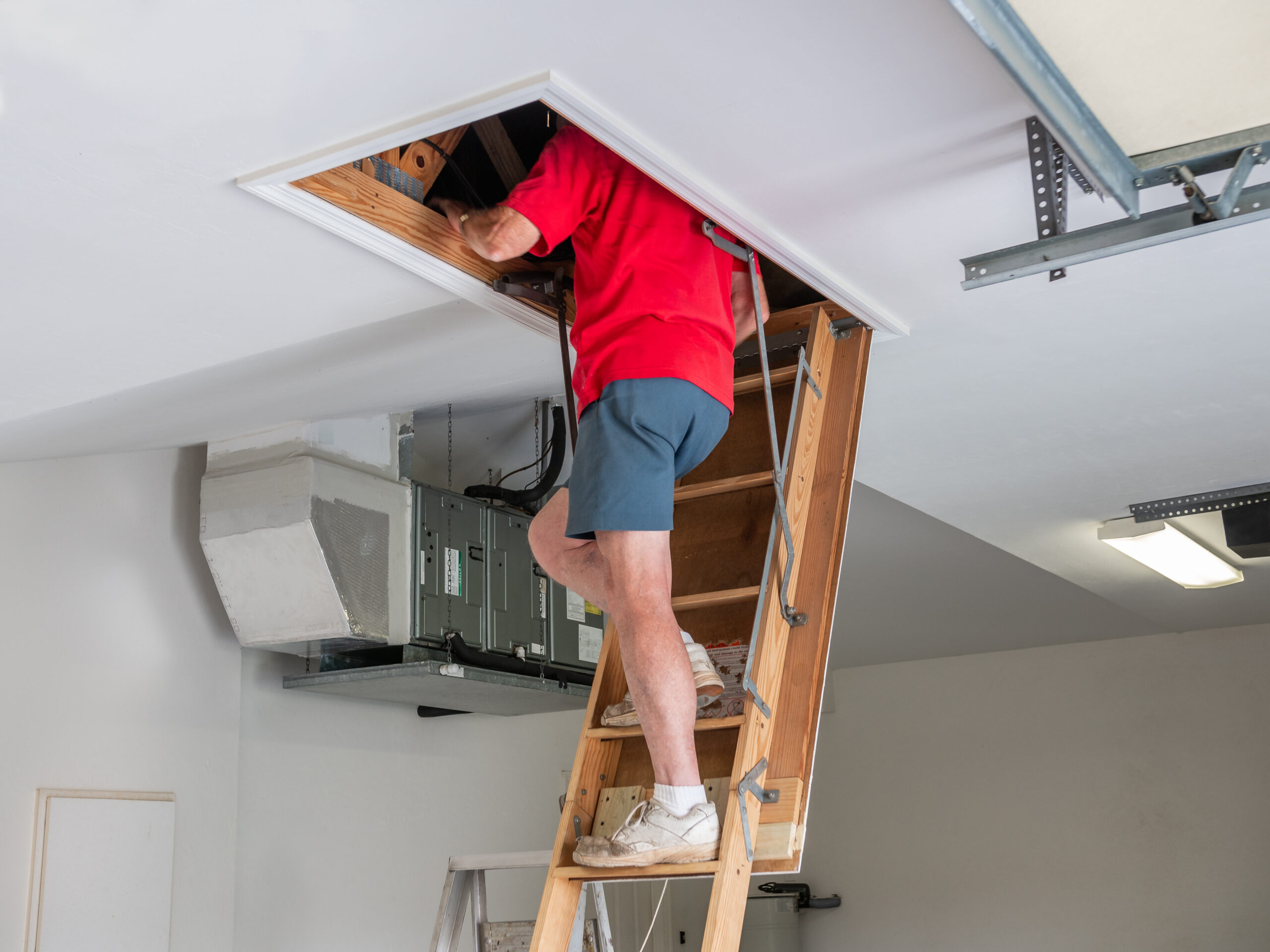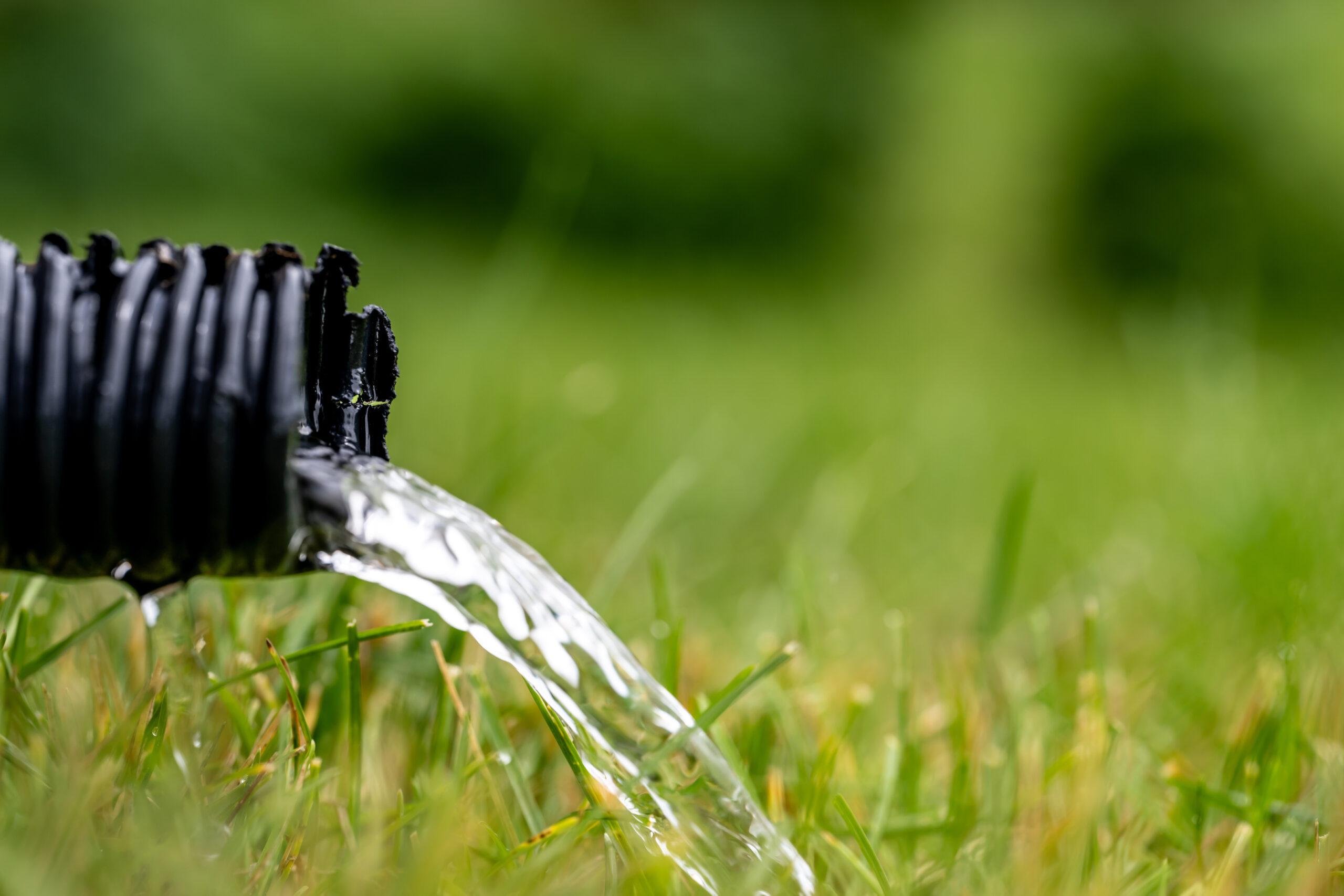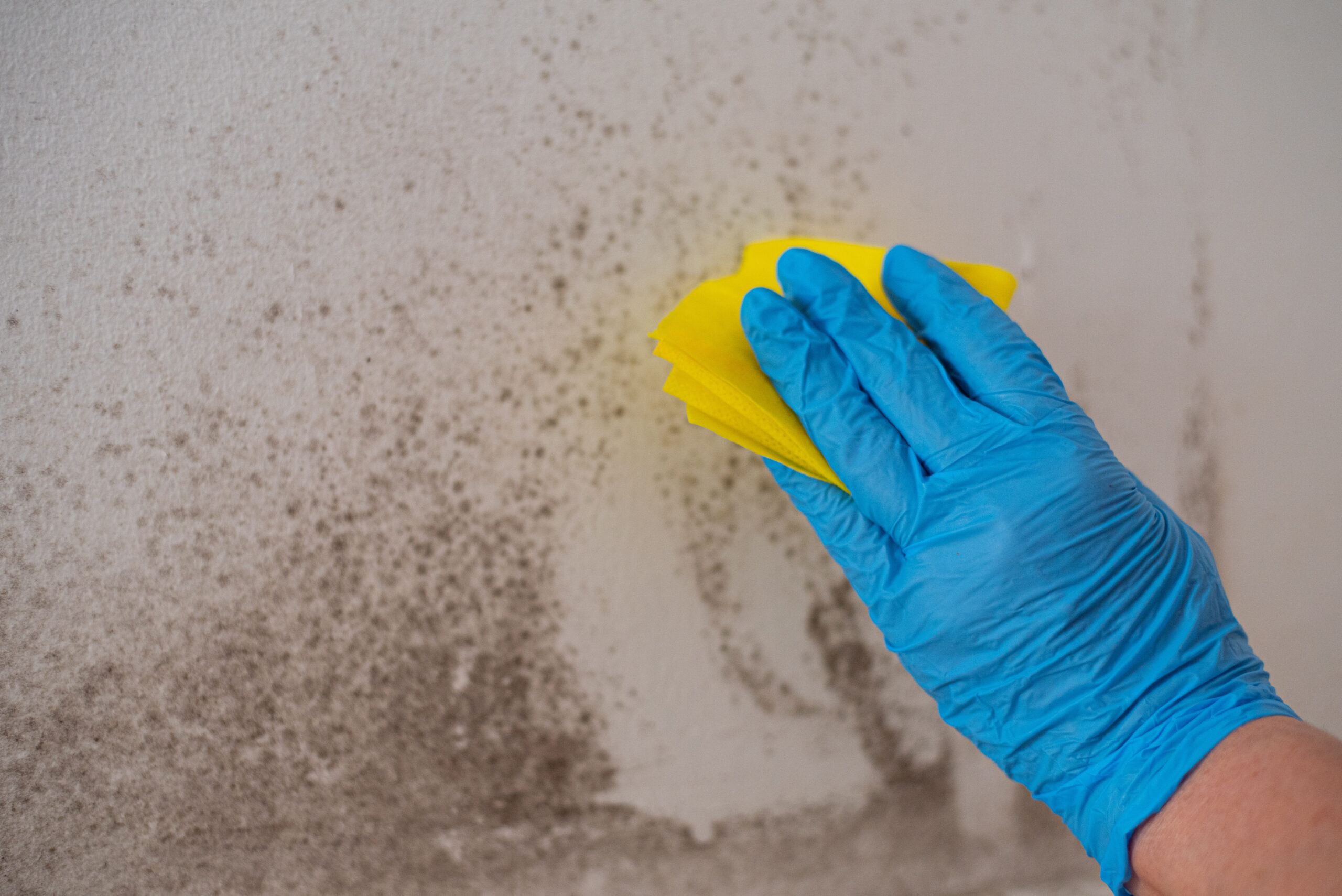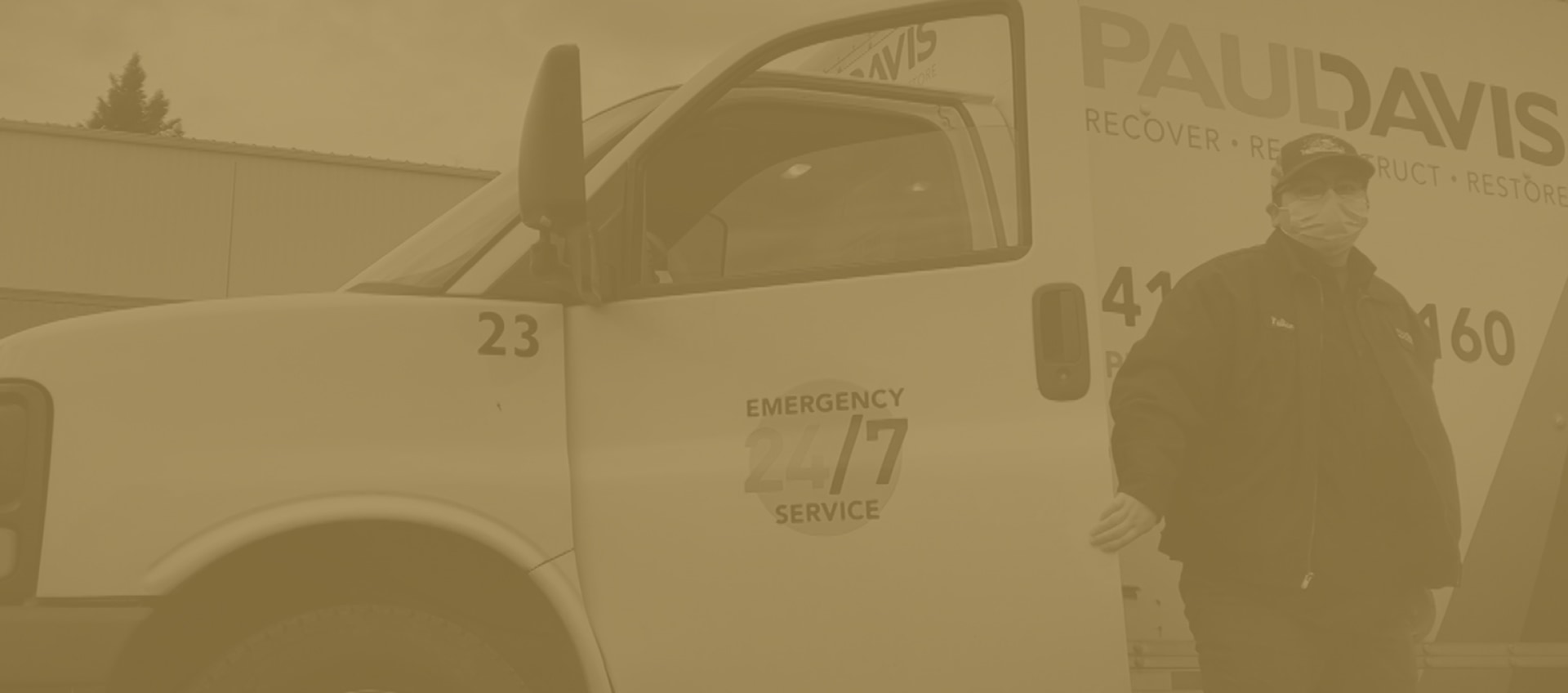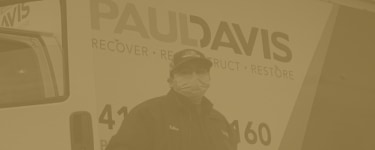
A fire can happen in your home any time of the year.
It’s bad enough that the flames will burn, melt, and destroy anything that they touch. But where there’s fire, there’s smoke.
Smoke damages a home during a fire in obvious ways and in sometimes hidden ways; the particulates can be insidious and permeate and linger in cracks, furniture, and porous material.
“There are a lot of ways smoke can damage your home,” says Rebecca Serratos, the emergency services manager of Paul Davis of Northeast Indiana. “Smoke is acrid and acidic and it can work its way into cracks and crevices, behind counter tops, and inside light fixtures and switches. It can cause a lot of damage that’s seen and unseen.”
It’s not just your home that gets damaged by the smoke after a fire, though. If it’s not cleaned up properly, smoke residue can have an effect on your overall health and have long-term effects.
Our team of experts at Paul Davis Restoration of Northeast Indiana have laid out a few ways that smoke damages your home (and health) during a fire, and what you can do to restore your home to its top shape.
THE TYPE OF SMOKE DAMAGE MATTERS
There are different types of fires, and there are likewise different types of smoke. The four most common types are: dry smoke, wet smoke, protein residue, and fuel / oil reside.
Each type will cause different damage and require different types of cleanup and restoration.
Dry Smoke: This type of smoke is created when a fuel, typically wood or paper, is burned by a rapid, high-temperature fire. It leaves behind a powdery residue, which doesn’t smear when being cleaned; compared to other smoke damage it can be more simple to clean up.
However, dry smoke tends to settle into cracks and materials that are porous, leaving behind a smoky odor even though the area looks clean. Fortunately, this smoke isn’t difficult for professional restoration experts, like us at Paul Davis, to clean and eliminate.
Wet Smoke: The complete opposite of dry smoke is wet smoke. This type is created when a fuel burns at a low temperature and smolders; it’s often the result of burning plastic and rubber.
The residue from wet smoke is thick and sticky and will cover surfaces. Because of that, it smears easily and is difficult to clean up without special equipment.
Protein Residue: This type of damage is the result of a low-heat fire evaporating organic material — oils from cooked meats like chicken or beef. It’s most likely going to be found in your kitchen due to day-to-day cooking or an accident.
Damage from protein residue is more difficult to spot than other types of smoke damage because it leaves little to no streaking or soot. You can spot protein residue in the form of discoloration on your walls or ceiling and — as a dead giveaway — a strong odor.
Because it’s not as apparent as other forms of smoke damage, many people devalue the need for restoration services with this type of residue. If not properly cleaned and restored, the odor will linger for long periods of time.
Fuel / Oil Residue: This type of damage happens when a petroleum-based fuel or other flammable liquid combusts. Fuel / oil residue damage is most likely to occur in a garage, or a shed, or a business that stores fuel indoors. The residue is thick and sticky, making it difficult to clean. It leaves behind a noxious odor that will ruin upholstered furniture if not cleaned quickly.
Fuel / oil residue can also result from a puffback in your furnace, which happens when your unit doesn’t properly ignite and smoke and soot are released in the surrounding area. A small explosion occurs, but there likely hasn’t been a fire.
HOW IT AFFECTS YOUR HEALTH
Just because time has passed since the fire in your home, it doesn’t mean that the damaging effects to your health have diminished. As a byproduct, smoke emits tar, carbon, and carbon monoxide, which are all harmful to humans. If your home isn’t properly cleaned and repaired from smoke damage, it might not be safe to even be inside.
“There’s chemicals that are given off in smoke that aren’t healthy to be around,” Serratos says. “It’s one of the major reasons we give people advice to not go back in their home until after it’s been dealt with.”
She says that it’s always best to assume you shouldn’t stay in your home after a fire and to call a professional to assess the level of damage first.
“In some cases we can do an emergency cleaning for people if the damage is minimal,” Serratos says. “But if there’s moderate and severe damage, it’s probably going to involve a homeowner needing to relocate for a period of time.”
Here are some of the ways smoke can harm you, long after a fire.
Respiratory Issues: Smoke can become ingrained in furniture, upholstery, carpet, cracks, and other porous materials in your home. Any time you come upon uncleaned areas with smoke residue, fine particulates can find their way into your respiratory system and cause long-term lung and sinus issues.
Skin Damage: Soot and smoke residue can cause serious skin irritation if it’s not cleaned. Smoke can permeate all manner of porous material and settle there, leading to damage and irritation to skin that requires medical attention.
Eye Irritation: Particulates from smoke can remain floating in the air, or get kicked up after having settled in different places in your home. It can cause itchy, watery, and red eyes if left uncleaned.
WHAT HAPPENS NEXT?
The good news is that if you have a fire in your home, the items damaged by smoke can be saved.
“Just about everything can be salvaged, depending on the level of damage,” Serratos says. “But you want to involve a professional right away to make that determination. If you try to salvage something on your own, you risk creating additional damage.”
Serratos says that once you begin the claims process and start taking the next steps after a fire, you want to reach out to restoration professionals at Paul Davis of Northeast Indiana. Our experts will be able to come out and make an assessment and assist with the damage remediation.
“Even if it’s minor smoke damage, you want to make that call and have a professional come and take a look,” she says. “We’re always willing to come out and advise someone on how they might be able to repair the damage themselves, but you definitely want to make the call to get that advice, first.”
The restoration experts at Paul Davis of Northeast Indiana will come in and hand-clean the damaged areas with sponges, specialty chemicals, and odor-eating machines.
Serratos says that after a fire, it’s the responsibility of the policy holder to make sure that their property is safe and secure — things like boarding up windows and installing a roof tent. She says that Paul Davis is able to help homeowners immediately.
“We’re a company that’s been in business for decades, and we have a lot of experience helping homeowners through difficult times,” she says. “We’ve seen it. We’ve dealt with it before. We’re here to help provide those services to you.”
CALL THE PROFESSIONALS
If you’ve had a fire in your home, the professionals at Paul Davis Restoration of Northeast Indiana are here to help.
It’s critical to work with a knowledgeable and experienced restoration company after a fire damages your home in order to prevent additional damage. Call us (260) 436-7510. We’re available 24 hours a day, 7 days a week.

